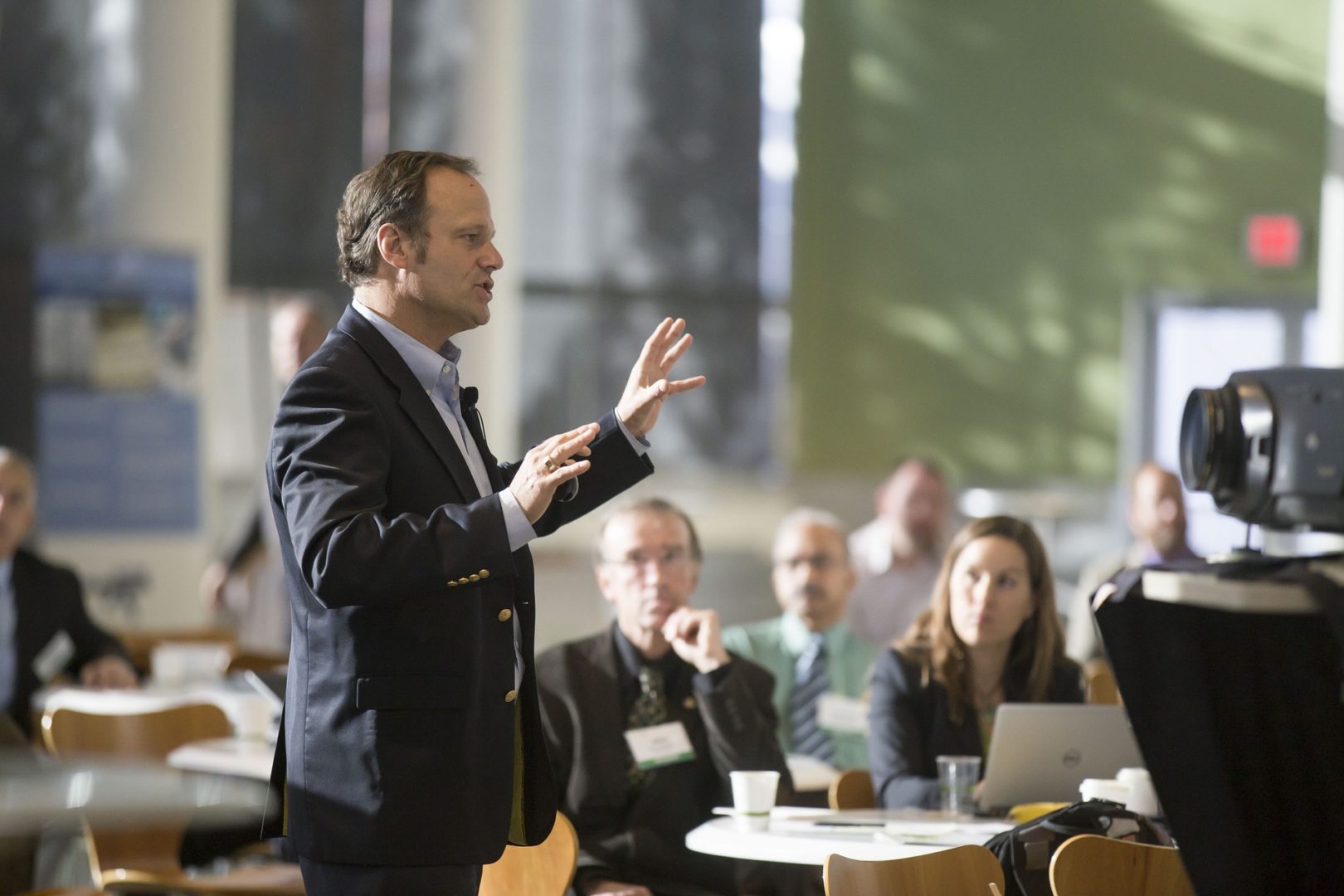Is your world full of possibilities? Or do you find that you mostly see limits to your possibilities? For example, what do you think of the word “organizations” or the word “corporate”? I find leaders and coaches have an emotional reaction to such words and, in fact, often have a whole story of limits that they provoke.
The common sense of our culture is that words have meanings, and, in fact, definitions. But when we listen to what people mean by their words, we do not find definitions; we find worlds. Dictionaries have definitions, but words bring worlds.
For example, the word “love” does not show up for us as a definition but as a world of what is meaningful in a whole domain of experience and action. It brings a sense of what possibilities are open and closed to us; our whole history with love shows up; the practices and actions of love are illuminated. “Love” brings a predominant mood with it, perhaps of joy, sadness, or poignancy.
As our lives unfold, a word like “love” has a life of its own, also unfolding with our experiences, reflections, and observations in our world. We see loves that others have, loves that we will never experience, loves portrayed in literature and cinema, and find new depths of what love is in our lives. Love is not just a word—it is a world. And the same is true of words like “organizations,” “leadership,” or “teams”—the language of how we take action together as well as the language of other domains of our lives.
How Language Shapes Our World
The language we live in shapes our world, what we see, and what we do. In the ontological and generative traditions, people are observers and actors—they see what their history has taught them to see from their growing up, their language, culture, education, family, training, and experiences—and they take the actions that their historical practices and habits have enabled them to take.
What we see and do are embedded in our stories, and not only do we live our stories, but our stories live us—our stories of life, of who we are, of what is possible and not possible, what things are, and how we do what we do.
With this perspective, every human being is a unique observer and actor with a unique history, embodiment, and stories. But, we can miss the world that language brings for each person, its possibilities, and limits because we have the interpretation that words are limited to their definitions.
With practice, we can become an observer of the worlds that words, stories, and backgrounds bring. When we do so, we must beware of the trap of the cultural assumption provoked by the discourse of science that there is only one world, only one correct reality.
The biological reality is that we each live in the embodiment of our interpretations, and we each experience the world differently. We can miss that our own language and the world it shows is not the only possible world, not the only world that exists. When we are aware of this, we can learn to listen in a new way, listening and observing the many worlds of others and many possible worlds.
When Awareness Creates New Possibilities
Awareness creates choice. When we are aware that we live in stories, we can become the author of our stories, rather than their victim. This is the territory of the coach and leader, to help fashion new stories, new ways to observe, act, and live together, for the sake of our individual and shared futures.
Such awareness and listening enable us to interact with others and be open to how they see the world and move in it. We can then explore what is possible with new shared interpretations and actions, new possible shared worlds. We will experience what the root of the word “communication” means: to “change together.”
When we see the worlds and stories we live in, we have this possibility to observe them, choose them, and design them. We can open new possibilities. For example, rather than live in our old story of what an organization is, we can open the inquiry and design of what an organization can be—or a leader, manager, team, coach, lover, parent, community member, or human being. We can connect more powerfully to our capacities for creation.
The guiding question for our design, our creation, our learning, our leading and coaching is: “For the sake of what?” What do we care about? What is worth taking care of? And since we are finite and can’t take care of everything, how do we choose what we will take care of? How will we make more meaningful stories, worlds, and futures? I believe that to explore these questions and fashion our answers, cares, commitments, and actions with others is a high calling for leaders and coaches.
As observers of words and worlds, we can change our listening and what we generate with our conversations. With practice, we can strengthen our ability to author and live new stories and enable ourselves with others to create new worlds.


Bob wishes to you and the Generative Leaders in your network this 202i Thanksgiving. Larry Sawlley’s ancient Lakota creation story is a continuous heart song of a Metastabilian in my assessment. It appears we are at a precipice in this mechanistic age of modernity where this universal pragmatic generative learning creates metastability by recovering the primordial wisdom in every human soulful presence. Thank you for the gift of friendship and caring for excluded middle in each of us. Have a great Thanksgiving! https://drive.google.com/file/d/1usK3ECaY7Vl4z_5zxmhDHIHF-CKsSK1m/view?ts=60bd0060